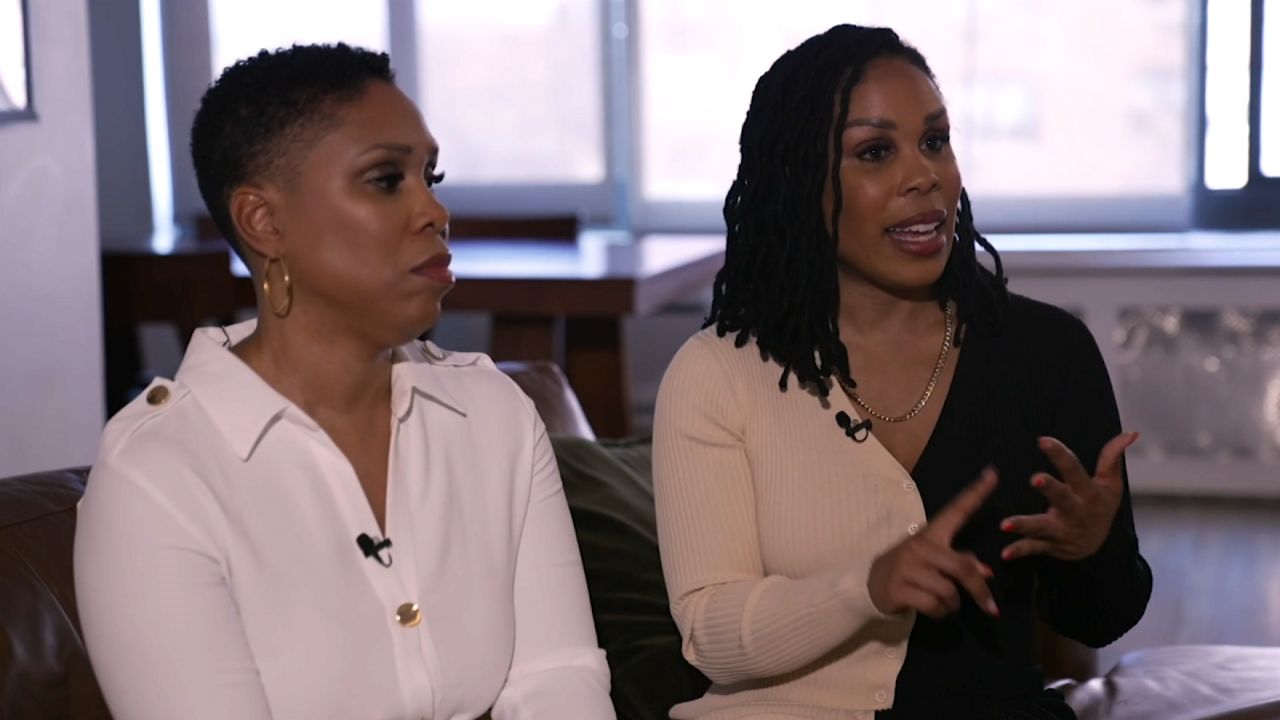It was kind of fate that the Blackstock twins ended up being doctors.
“Our mother was raised in Brooklyn, not given many opportunities. She worked hard, had fortune and luck, escaped her circumstances somehow. After finishing Harvard Medical School she returned to New York and committed to working in her community said Uché blackstock, founder and president, Advancing Health Equity.
Uché would become a professor at New York University and an emergency room physician. Oni focused on the HIV epidemic in the city, where more than twice as many Black and Latino men are living with HIV compared to white men, with far worse rates for cisgender women of color.
“Many people remain without access to treatment and prevention because of other social determinants of health, such as housing and employment, social supports that are not there for everyone,” said Oni bBackstock, founder and CEO, Health Justice Organization.
These women’s battle for health equity reached a new level of urgency in March 2020, when covid struck New York.
“When the pandemic started, we saw that blacks, Latinos, indigenous people were the most affected, not only in terms of health, but also economically. It is as if they were more likely to lose their businesses and with fewer opportunities to have jobs with paid sick days or health insurance,” added Uché Blackstock.
The sisters, always united, raised their voices through podcasts and other means to get the message across: The pandemic could devastate black and brown communities.
When the vaccine became available, Uché became a trusted messenger to people in the neighborhood who had questions.
As the fight against Covid-19 wanes, the Blackstocks continue their advocacy for health equity. They each have their own organization that fights systemic racism plaguing the system.
Uché Blackstock, left, and Oni Blackstock.
“Problems that existed before the pandemic have gotten worse. For example, the black maternal mortality crisis, which is horrible. Or that black men have the shortest life expectancy of any demographic group,” added Uché Blackstock.
And yet, for them their most important job is being a mother.
“I have two young black children, Oni also has a son, and they get messages that they are not worthy and other messages. So I want to make sure that in this home it is love, affirmation, kindness and that they know who they are,” Uché said.
